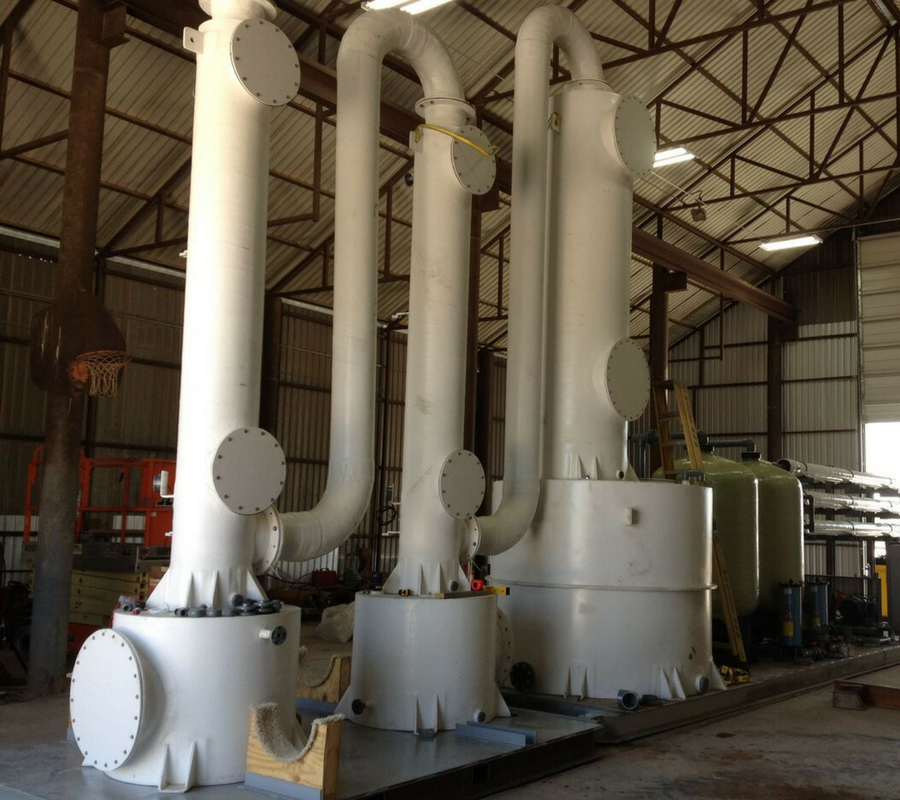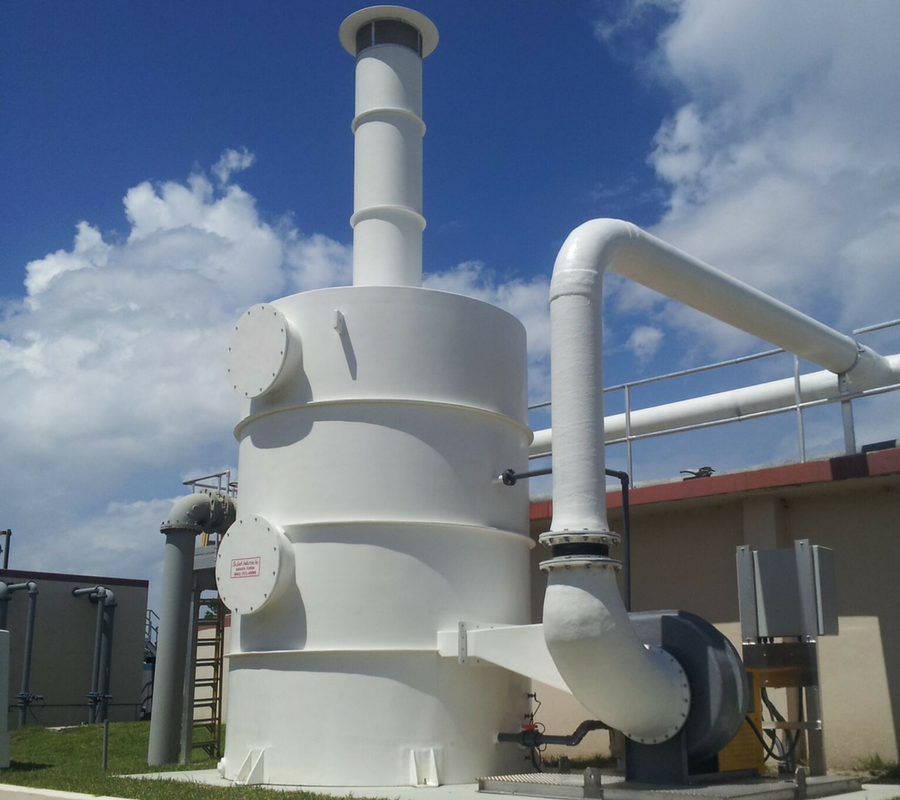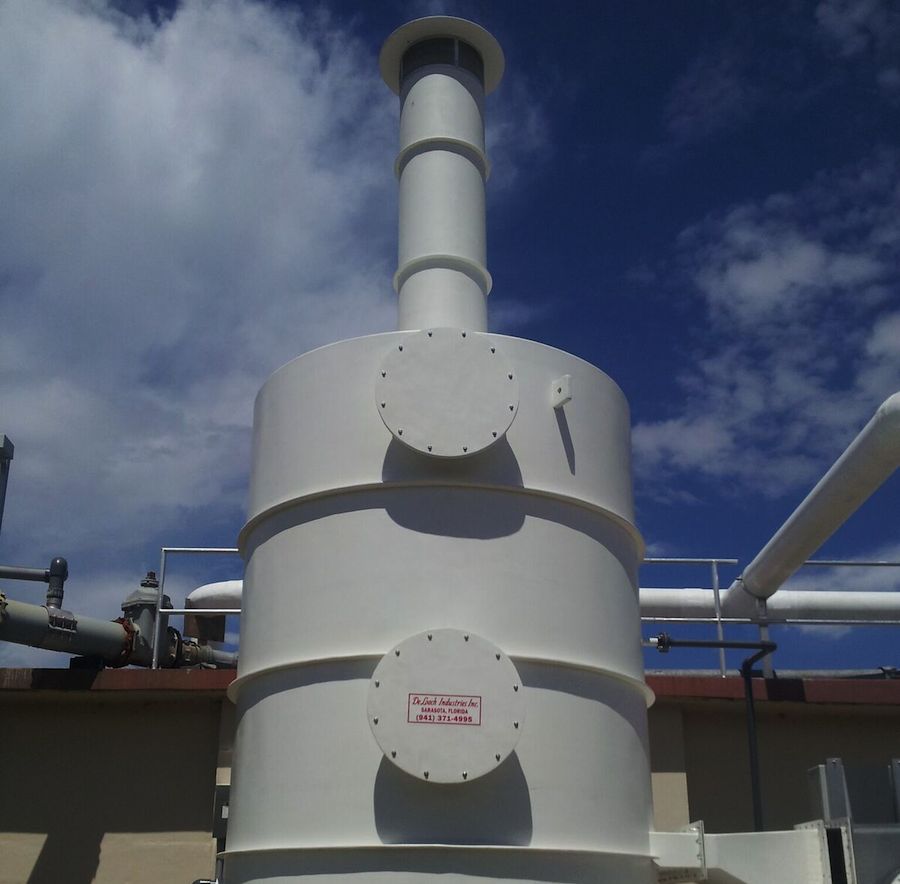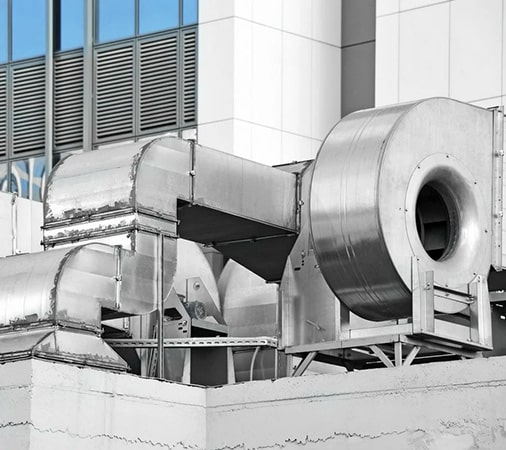Select the best type of odor control, fume, or air emission scrubber.
Industrial and municipal operations often face the challenges of capturing and treating air emissions from their process operations. Off-gases, fumes, and odor emissions can be generated from the downstream process or material handling, such as those in the municipal wastewater industry. However, industrial operations often generate fumes and off-gas air emissions from either the production of chemicals or the use and application of chemicals like acids and a wide range of other chemicals. These types of air emissions share a common need to be safely captured, contained, and treated to make the air steam safe before its release. Some types of air streams create an odor that becomes a nuisance, as is typical with municipal waste that often releases Hydrogen Sulfide (H2S) and or Mercaptans (R-SH) gas during decomposition.
Many variables should be considered
when beginning to choose the best type of air emission treatment process. Within the industry, there are wet chemical scrubbers, dry absorbent scrubbers, biological scrubbers, and destructive type scrubbers such as catalytic and thermal oxidizers and flare technology that utilize heat to destroy and consume and oxidize certain types of off-gases.
Each type of air emission process has its own parameters where it will perform optimally, and each type of scrubber has different levels of operating challenges and associated operating costs. So how does one select the best process for each application?
At DeLoach Industries, we like to help customers with this evaluation process by completing a checklist guide, which helps guide the customer to the most economical and safe solution. Going through this process can help eliminate costly mistakes that may otherwise be overlooked. Solutions are often selected by looking at the contamination only or by familiarity with the process.
.png)







